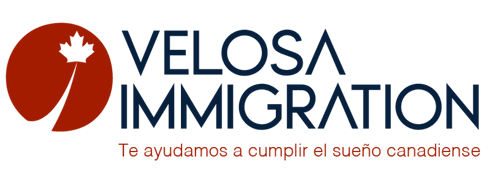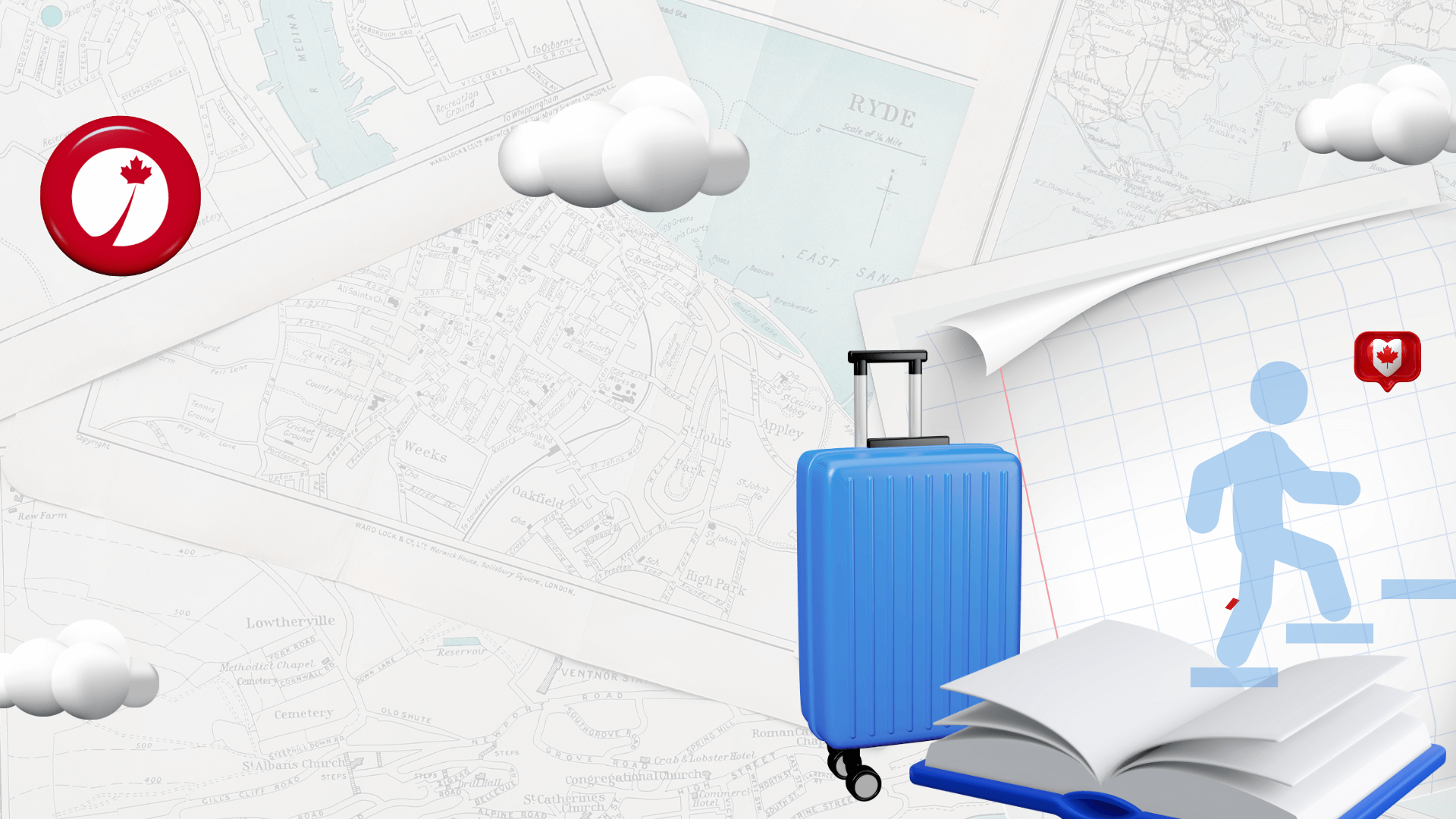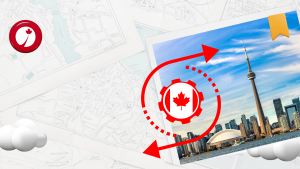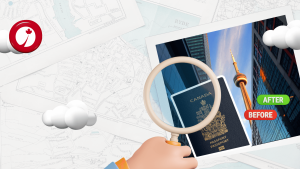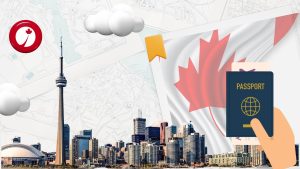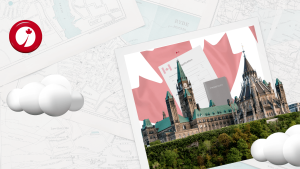Dreaming of studying in Canada? You’re not alone! Every year, thousands of international students flock to Canada, drawn by its world-class education system, stunning landscapes, and multicultural society. But before you can pack your bags and head north, there’s an essential step you can’t skip: securing a Canadian student visa, officially known as a study permit.
Don’t worry! This guide will walk you through every step of the process. By the time you finish reading, you’ll know exactly what you need to apply and increase your chances of getting that golden ticket to study in Canada.
1. Get Your Acceptance Letter from a Designated Learning Institution (DLI)

First things first—you can’t apply for a student visa without a **Letter of Acceptance** from a **Designated Learning Institution (DLI)** in Canada. Whether it’s a college, university, or other educational institution, make sure the school you choose is on the DLI list, as only these institutions are authorized to host international students.
Pro Tip: Keep a copy of your acceptance letter handy. You’ll need it for the visa application.
2. Prove You Can Support Yourself Financially
Canada wants to make sure you won’t run into financial trouble while you’re studying. To show you’re prepared, you need to provide proof of funds covering your tuition fees, living expenses, and return travel.
How much do you need?
- t all depends on how many family members are accompanying you (excluding tuition). For more information
- In Quebec
What documents work?
- Bank statements
- A letter of financial support
- Proof of scholarships or student loans
3. Check Your Passport’s Validity
You’ll need a passport that remains valid for the entire duration of your studies in Canada.
- Pro Tip: If your passport is about to expire, renew it now to avoid complications.
4. Get Your Passport-Sized Photos Ready
Don’t underestimate the importance of getting your photos right! Canada’s visa application has specific guidelines for photos, so make sure you follow them carefully.
Must-have features
- Neutral facial expression
- Plain white background
- Size: 35mm x 45mm
5. Immigration Medical Examination (IME)

Depending on where you’re from or how long you’ll be staying, you may need to undergo a medical exam by an approved physician. This step ensures you’re in good health and won’t pose any risk to Canada’s public health system.
Depending on where you’re from or how long you’ll be staying, you may need to undergo a medical exam by an approved physician. This step ensures you’re in good health and won’t pose any risk to Canada’s public health system.
- Pro Tip:Book your exam as soon as possible to avoid delays. Here is a list of approved physicians
6. Statement of Purpose (SOP): Share Your Vision
Why do you want to study in Canada? What do you hope to achieve? A well-written Statement of Purpose can make a huge difference in your application. This is your chance to tell your story, showcase your goals, and explain why Canada is the perfect place for you to continue your education.
- Pro Tip:Be genuine and specific in your SOP—it makes a stronger case!
7.Show Proof of Ties to Your Home Country
Canada wants to be sure that you plan to return home after your studies are over. Show that you have strong ties to your home country through property ownership, family, or job offers waiting for you back home.
8. Language Proficiency: Prove You Can Speak the Language
Though not always required for your visa, proof of your English or French language skills might be necessary for your school application.
Accepted Tests
- English: IELTS, TOEFL
- French: TEF
9. Biometrics: Fingerprints and Photos
Depending on your country of residence, you may need to provide biometrics as part of your visa application. This means fingerprints and a photograph taken at a Visa Application Centre (VAC).
10. Fill Out the Study Permit Application Form (IMM 1294)
The study permit application form (IMM 1294) is the core of your student visa application. Fill it out online via the IRCC (Immigration, Refugees and Citizenship Canada) website.
11. Pay the Visa Application Fee
Once you submit your application, you’ll need to pay a CAD $150 fee for your study permit. If biometrics are required, that’s an additional CAD $85. There may also be fees for medical exams or police certificates.
12. Police Clearance Certificate:

In some cases, you may be asked to submit a police clearance certificate to show that you have no criminal record. This helps the Canadian government ensure you won’t pose a security risk.
In some cases, you may be asked to submit a police clearance certificate to show that you have no criminal record. This helps the Canadian government ensure you won’t pose a security risk.
13. Travel History: Showcase Your Journeys
If you have traveled to other countries before, be sure to include any previous visas and travel history as part of your application. It helps build credibility and shows that you’ve adhered to visa rules in the past.
Ready to Start Your Canadian Adventure?
By following this guide and ensuring all your documents are in order, you’ll be well on your way to securing a Canadian student visa. Canada offers an enriching environment for students, and getting your study permit is the first step in a life-changing journey!
